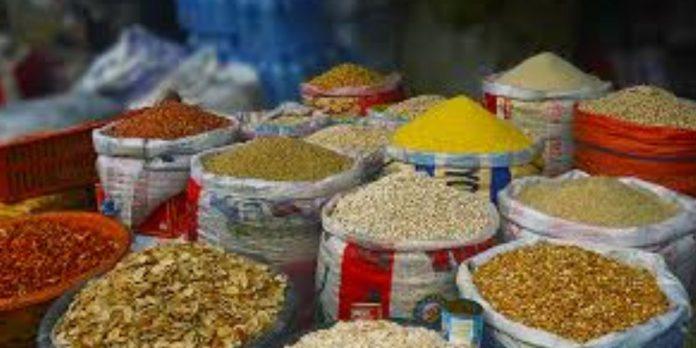The Nigeria Customs Service (NCS) has announced the criteria for companies interested in participating in the zero-duty importation of essential food items, a program aimed at addressing the national supply gap.
This initiative has been approved by the Minister of Finance and Coordinating Minister of the Economy, Wale Edun, and will be in effect from July 15 to December 31, 2024.
According to the NCS National Public Relations Officer, Abdullahi Maiwada, the implementation of a Zero-per cent Duty Rate and Value Added Tax (VAT) exemption on selected basic food items is set to commence under strict regulations.
Key Criteria for Participation:
Companies must be incorporated in Nigeria and operational for at least five years.
They must have filed annual returns, and financial statements, and paid all necessary taxes and statutory payroll obligations for the past five years.
Specific requirements apply to those importing different food items:
Husked brown rice, grain sorghum, millet: Importers must own a milling plant with a capacity of at least 100 tons per day, operate for at least four years, and possess sufficient farmland.
Maize, wheat, beans: Importers must be agricultural companies with adequate farmland or feed mills/agro-processing companies with an out-grower network for cultivation.
READ ALSO: How Customs Is Partnering Real Estate Developers To Enhance Officers Welfare
Additionally, the policy mandates that at least 75% of imported items be sold through recognized commodities exchanges, with comprehensive records of all activities maintained for government compliance verification.
Failure to meet the obligations under this policy will result in the loss of all waivers, with companies required to pay the applicable VAT, levies, and import duties. This penalty also applies if the imported items are exported outside Nigeria in their original or processed form.
READ ALSO: Customs Re-open Nigeria’s Land Border With Niger Republic
The Finance Minister will periodically provide the NCS with a list of importers and their approved quotas to facilitate the importation process within the policy’s framework.



